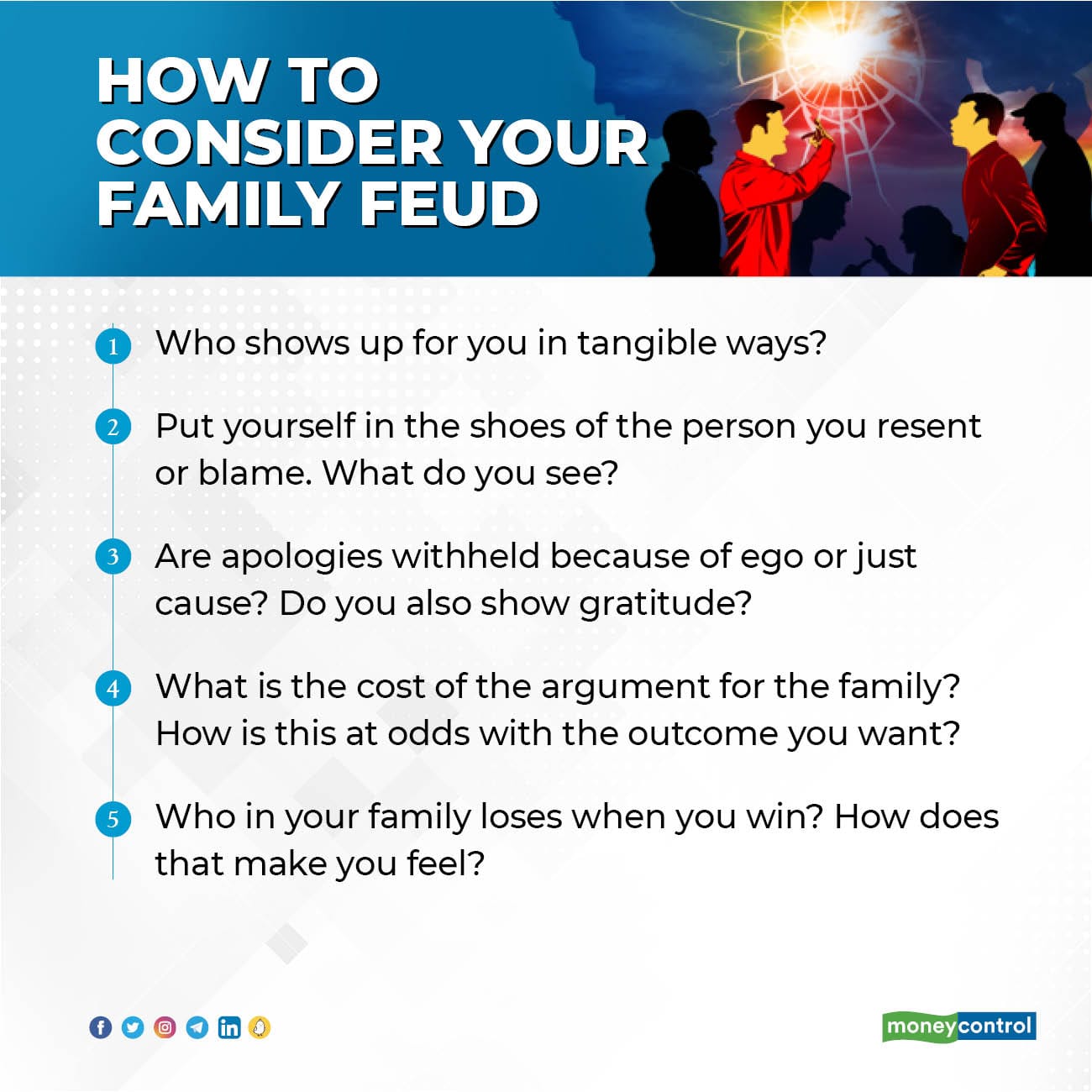



Note to readers: Healing Space is a weekly series that helps you dive into your mental health and take charge of your wellbeing through practical DIY self-care methods.
Prince Harry has done a couple of high-profile interviews, written a tell-all, pointed fingers, apportioned blame, raged on every outlet available to him, an already high-profile privileged person of power with access to all the platforms on earth. He has spent a lot of emotion, yet reconciliation seems distant at this point. An apology might well be the simple gesture that heals everything, and it might never be enough. Family feuds are tricky. Sunlight and apologies don’t always help. Distance often does. And being right is often at odds with being reconciled.
 In families you have to choose: you’re stuck and you choose to stay stuck, or you’re out of there, estranged, and choosing not to look back. Neither of these is right or wrong, each depends on the circumstance you are in, what you prioritise, and which is better for you. Some families can be deeply toxic, abusive, and unwilling to invest in self-reflection. Others are simply rife with misunderstanding and lack the communication skills by which to interact healthily. One can be reconciled, for the other, a healthy distance must come first.
In families you have to choose: you’re stuck and you choose to stay stuck, or you’re out of there, estranged, and choosing not to look back. Neither of these is right or wrong, each depends on the circumstance you are in, what you prioritise, and which is better for you. Some families can be deeply toxic, abusive, and unwilling to invest in self-reflection. Others are simply rife with misunderstanding and lack the communication skills by which to interact healthily. One can be reconciled, for the other, a healthy distance must come first.
A great book (fiction) to read is A Nearly Normal Family by M.T. Edvardsson, in which as the plot unfolds, each member of the family becomes aware of what they don’t actually know about each other and themselves, and the compromises they make to remain a family.
Families bring out the neuroses in all of us. We may be concerned but tolerant about our parents’ behaviours until we become parents ourselves and realise a lot of what they did and said, we would never do to our children. We are most protective and battle prone when we are protecting what constitutes our family, our safe space. It activates every instinct in us.
“I believe this is deeply human. There's no understanding it if you've never experienced a direct and serious threat to yourself and your loved ones. You make irrational decisions and overstep boundaries as you never would otherwise. A person who can no longer flee must fight,” Edvardsson writes.
This conflict around, about and with our families shapes us like no other force can, either because it defines both who we want to be and who we don’t want to be. It is a pull and a pushing counter force to our personalities.
It’s not always black and white. Sometimes that which we love is that which hurts us. A disciplinarian parent has messed us up emotionally, but we are also thankful for ingrained habits that make us successful today. So, we feel both resentment and gratitude simultaneously.
Doting parents can enable a child to the extent that they are immobilized, unable to take independent decisions. They intrude into and destabilize their child’s life beyond the mandate, out of (a misguided) love.
A family member is exploiting sentiment to take a larger share of what is due to you. It is possible to both love a family member and choose to dislike them, distance yourself from them and call out their behaviour. This isn’t an either/or option.
Research shows that among members of a family, feuds and resentment affect some more than others. Why are some of us able to brush things off and for others, each word becomes a wedge? Children tend to take a lot of things personally. When a child is blamed or blames themselves for the state of the family, they can develop anti-social behaviours. When they feel threatened and unsafe within the home, they can turn the anger inwards and develop depression. Favouritism, gaslighting, manipulation, lies, violence are toxic to families and can carry through generations as ingrained behaviour patterns. The younger generation is always watching the modelled behaviour for how to behave or how not to behave.
This is why it is important for families to have healthy rules of engagement. No family is without conflict, but applying rules limits the damage on each other. Those rules could be simple: like no name-calling, no having a discussion when things are heated, calling a time out, taking a walk or eating together. For couples, it could be holding hands while arguing, speaking softly, writing down points before you argue, so you don’t forget what’s important, not carrying complaints to other members of the family or to friends. In homes with children, it’s important not to raise voices and alarm them; this destabilizes their sense of security. It’s best to avoid involving them in arguments that are beyond their paygrade. A financial argument between parents should not have a child’s input or witness.
It’s also important to signal the end of a feud. Often children listen to parents or family members argue, or get dragged into fights as pawns in the argument, but parents never remember to let them know that things have been sorted out now. So, the argument lingers in the child’s mind, often for years on, and they form a picture of one person as ‘wicked’ or ‘manipulative’ when it was a momentary statement made in anger. Remember to end the arguments you begin. If you’ve put on a fireworks’ show, remember to reconcile equally in front of them. If you’ve blamed unfairly in front of other family members, apologise in front of them too. These mark significant milestones for a family’s conversational health.
As we grow older, we realise that some of the things we blamed family for are patterns we are repeating ourselves. Or that we understand restrictive circumstances better, like financial constraints, employment stress, grief, lack and abuse, addictions, and how they influence mood and the atmosphere at home. We blame them less.
We also realise not everyone has the capacity to self-reflect, hold awareness of their own flaws. And we have to sometimes make a choice to overlook or get them the help they need. As with children, or elders who are outdated, we shift our expectations, and do what we have to do, knowing they may not ever understand. We take these calls as we evolve. We get that people do the best they can with the resources they have at the time, as do we. And that we can choose our families, construct one from the pain life deals us, out of those who have our best interests at heart. In the end, no one wins in a family feud. When you win an argument, someone you love has lost. So, you just have to decide to what extent you want to be happy, or right.

Discover the latest Business News, Sensex, and Nifty updates. Obtain Personal Finance insights, tax queries, and expert opinions on Moneycontrol or download the Moneycontrol App to stay updated!